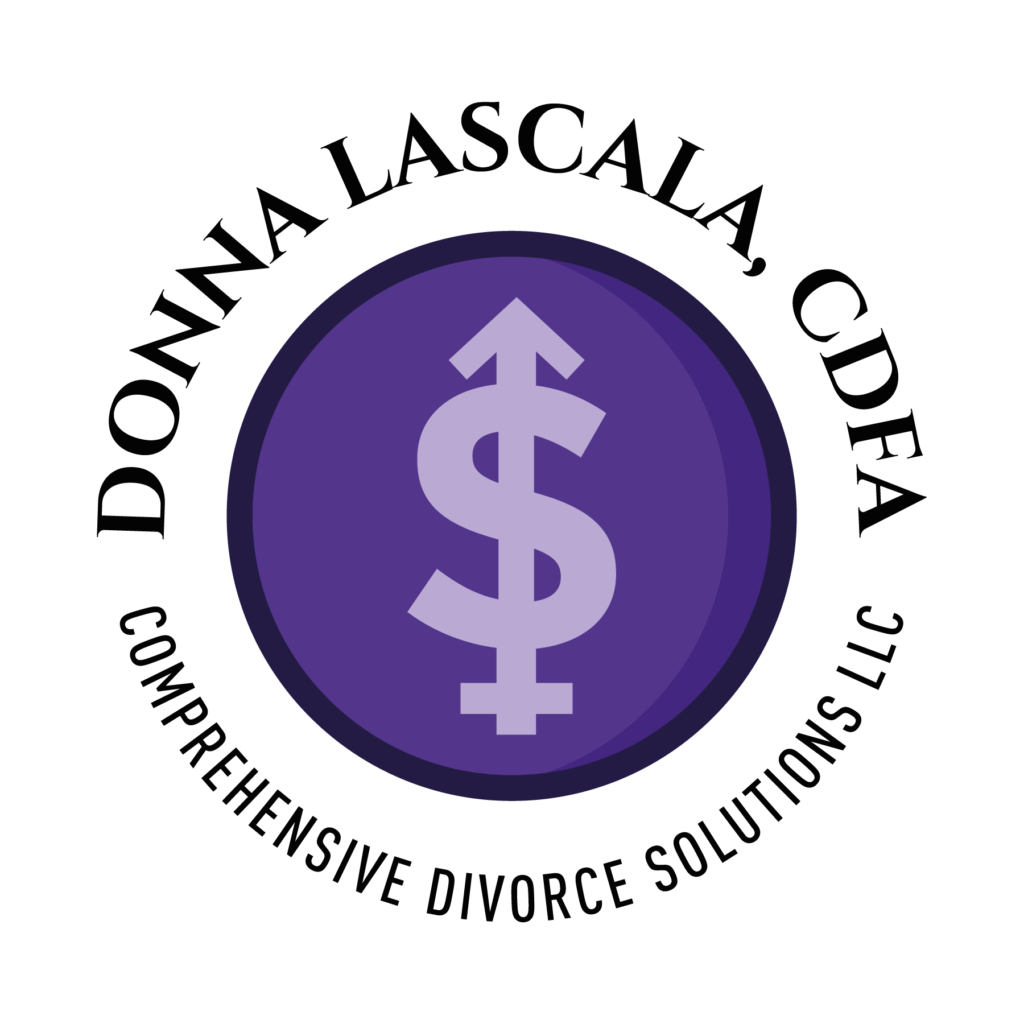Frequently Asked Questions
- How am I going to live after this is over? While this is a common question, the answer is unique to each individual. I provide a free initial consultation to determine your individual needs and guide you in finding a solution.
- Who gets to keep the marital residence? A detailed analysis will uncover who can afford to stay in the house or if the house needs to be sold. Alternative living arrangements will also be explored.
- Is my spouse entitled to my pension or other retirement accounts? Each asset needs to be evaluated for marital vs. separate property, given a value, and then will be included in the overall marital property calculation. Rules of equitable distribution will be applied to determine who gets what portion of each asset.
- How is spousal maintenance determined? In NYS there is a formula that is applied to all cases. Exceptions are made when it is determined that there is a significant discrepancy between earnings of spouses.
- How is child support calculated? NYS also has a formula to determine child support. It is based on the total earnings of the couple and each child of the marriage will increase the amount of child support required with a specific percentage. The “custodial arrangement” is taken into consideration when this calculation is applied.
- How will education and medical costs for children be handled? There are standards for college education which coincide with the SUNY cap, however, individualized calculations and needs analyses can be done to handle private institution tuition costs. Medical costs may be evenly split between parents and existing coverage by one or both parents is taken into account.
- What happens if the maintenance paying spouse dies? It is recommended that a life insurance policy is put into place, or an existing one used and possibly modified, to handle the possibility of an ex-spouse passing away while maintenance is still being paid.
- Am I entitled to my ex-spouses social security benefits? Yes, but there are exceptions. If you were married at least 10 years and have not remarried before the age of 60, you may be entitled to up to 50% of your ex-spouses social security benefit as long as your “spousal benefit” is more than your individual benefit. This will not reduce your ex-spouses benefit.
- Who gets what in the division of assets? The first thing that needs to be determined is what is marital, what is separate, what is inherited, before determining who gets what and the portion assigned to each.
- What about filing taxes? The IRS considers you married as of the last day of the tax year. If you are divorced before December 31st of the year, you are no longer considered married and will file separately. However, you should consult with your tax preparer or CPA before deciding what your filing status is.

Comprehensive Divorce Solutions, LLC.
Office: (516) 234-7522
[email protected]